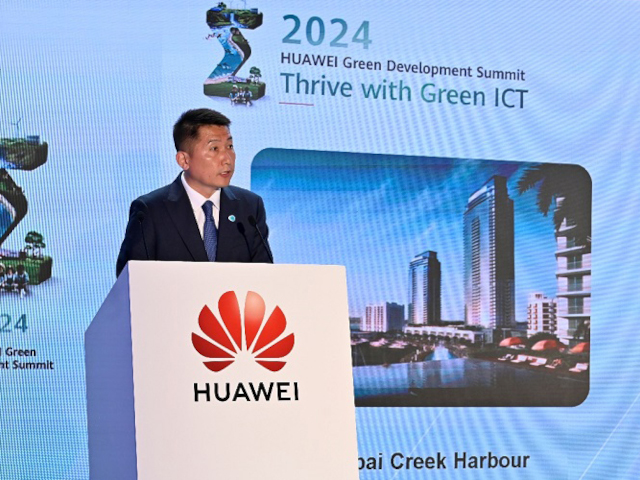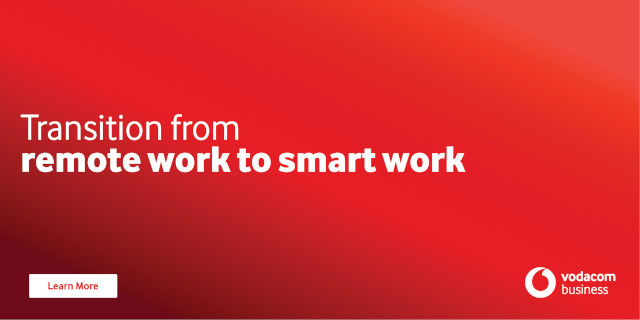Business News sponsored by Vodacom Transformation of Work:
Huawei held the Green Development Summit, themed "Thrive with Green ICT", during MWC Barcelona 2024. At the summit, guests from the International Telecommunication Union (ITU), MTN Group, International Union for Conservation of Nature (IUCN), UN Educational, Scientific and Cultural Organization (UNESCO), Kenya's ICT Authority, and Indonesia's Bandung Institute of Technology discussed how digital technology can be used to promote green development and enable an inclusive and sustainable digital world.
Jeffrey Zhou, President of ICT Marketing at Huawei, noted in his speech that digital technology has become a key enabler for global sustainable development. He stressed that Huawei would continually work on technological innovation alongside global partners to enhance digital inclusion, promote thriving digital talent ecosystems, and help enable an inclusive and sustainable digital world.
Bilel Jamoussi, Deputy Director of ITU's Telecommunication Standardization Bureau (TSB) and Chief of TSB's Study Groups Department, introduced the Green Digital Action (GDA). He said, "The promotion and implementation of international standards is a key enabler for ensuring both wide network adoption and sustainable development. ITU and more than 40 partners, including Huawei, launched the GDA last year. This aims to enhance collaboration, fast-track industry-wide commitments to addressing climate challenges, and put digital solutions at the forefront of climate action."
At MWC Barcelona 2019, Huawei launched TECH4ALL, a long-term digital inclusion initiative and action plan. Over the past five years, Huawei has worked with global partners to develop innovative applications supported by digital technology. This has brought long-term positive changes to remote areas, the underprivileged, and environmental protection efforts.
At the summit, Ms. Susanne Pedersen, Director of IUCN's Science & Data Center, said, "IUCN maintains a suite of global standards for measuring the state of biodiversity and conservation for the global common good. Technological advances within remote sensing, AI, machine learning and E-DNA can potentially help conservation agencies realize faster and more reliable access to data, and analyze data in a more efficient way to support more effective conservation."
Dr. Miao Fengchun, Chief of UNESCO'S Unit for Technology and AI in Education, provided an update on the progress of the Technology-enabled Open Schools for All project, stating, "UNESCO's human-centred principles for governing digital education include using digital technology to enhance human competencies, ensure digital inclusion, address digital gender inequality, and regulate negative impacts on human well-being."
Friedrich Huebler, Head of the UNESCO-UNEVOC International Centre for Technical and Vocational Education and Training, and Soledad Patiño, Coordinator of the UNESCO Global Skills Academy, both delivered speeches at the event. They pointed out that skills development is crucial for achieving SDGs 4 and 8 and fostering inclusive and sustainable economies. Digital technology can improve skill acquisition, empowering individuals and communities to thrive. Private sector engagement is also key for shaping a brighter, more equitable future for all.
At the summit, six European universities and colleges, namely the DTI Academy, Yalova University, Learneo-academie, Fondazione Cultura&Innovazione, Politecnico di Bari, and University of Alicante, received the Huawei ICT Academy plaque. These institutions will work with Huawei to facilitate digital talent cultivation in Europe.






